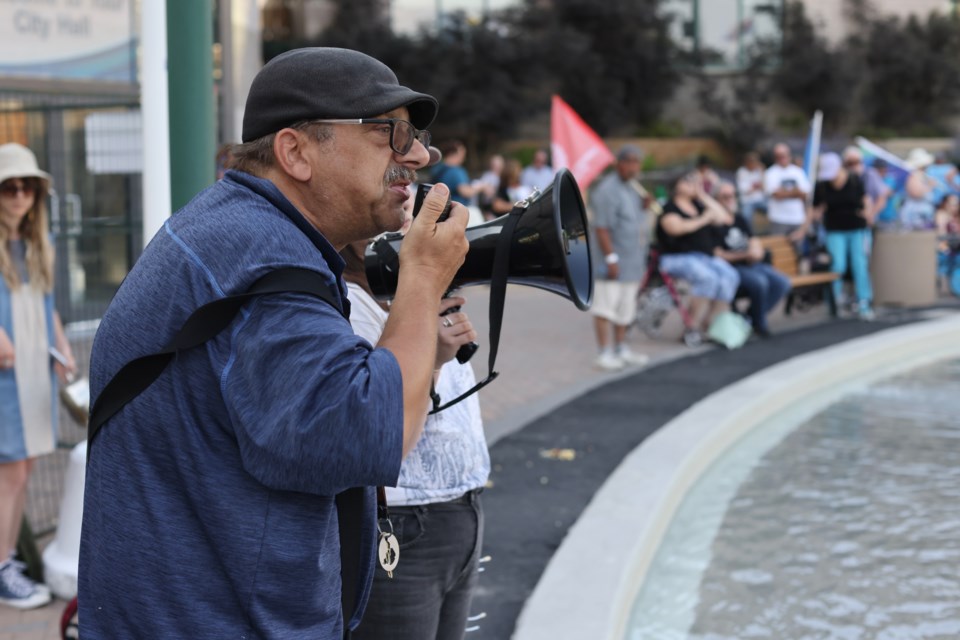Perhaps the only good thing to come out of Barrie city council’s recent homelessness kerfuffle is that those teaching public relations courses in the future will have a great example of what not to do.
Mistakes were made right from the start. The fairly lengthy recommendation, which included paragraphs asking for bylaw changes to prohibit “the distribution of grocery products in public spaces without the use of a permit” and “payment to panhandlers,” was introduced as a motion without notice at city council.
Almost always, city hall matters are introduced at the committee level where a recommendation is made before being sent to city council for final approval. Direct motions at city council are reserved for non-controversial items, such as congratulating local sports champions, or matters where there is a pressing deadline, such as applying for provincial funding.
There are a couple of reasons for this. First, matters can be thoroughly debated only at the committee level where councillors have no limit on how often they can speak. Under the city’s procedural bylaw, they can address a matter just once at council.
Secondly, having at least a week between committee recommendations and city council gives the public a chance to weigh in, even making a deputation at a council meeting should residents feel it is necessary. Councillors themselves also get more time to think things over.
There was no logical reason that the motion dealing with, as a City of Barrie press release stated, “a series of initiatives aimed at addressing the chronic homeless situation in Barrie and creating a safer community for everyone,” was introduced as a direct motion at city council except to avoid both public and council debate.
Even city councillors weren’t shown the motion until the last minute.
It backfired, spectacularly.
If council was hoping to avoid controversy, it had the exact opposite effect. A quick Google search shows the story was carried more than 15,000 times by media from Halifax to Vancouver Island. That doesn’t include how many times the motion was mentioned in social media posts.
And the publicity was almost uniformly negative, embarrassing the city and subjecting Barrie to ridicule.
Some council members complained the “good parts” of the bylaw, such as spending money on a meal program, were ignored. You know, “Other than that, how was the play, Mrs. Lincoln?”
And compounding the PR nightmare was the fact city council chose to implement the parts of the motion receiving most of the negative publicity first, introducing a bylaw a couple of weeks after the initial motion without notice setting out fines of up to $5,000 for individuals and $100,000 for organizations daring to help the less fortunate.
That got groups such as the Canadian Alliance to End Homelessness and its 10,000 Twitter followers involved, calling the motion a “clear-cut violation of basic human rights and a shocking criminalization of people experiencing homelessness.”
City council finally got the message and waived the white flag before a packed council chamber, sending the proposed bylaw back to staff.
It’s likely a good thing council decided to start its summer break early. A course in public relations may be in order.
Barry Ward is a veteran editor and journalist who also served on Barrie city council for 22 years. Fair Comment appears regularly in BarrieToday.



